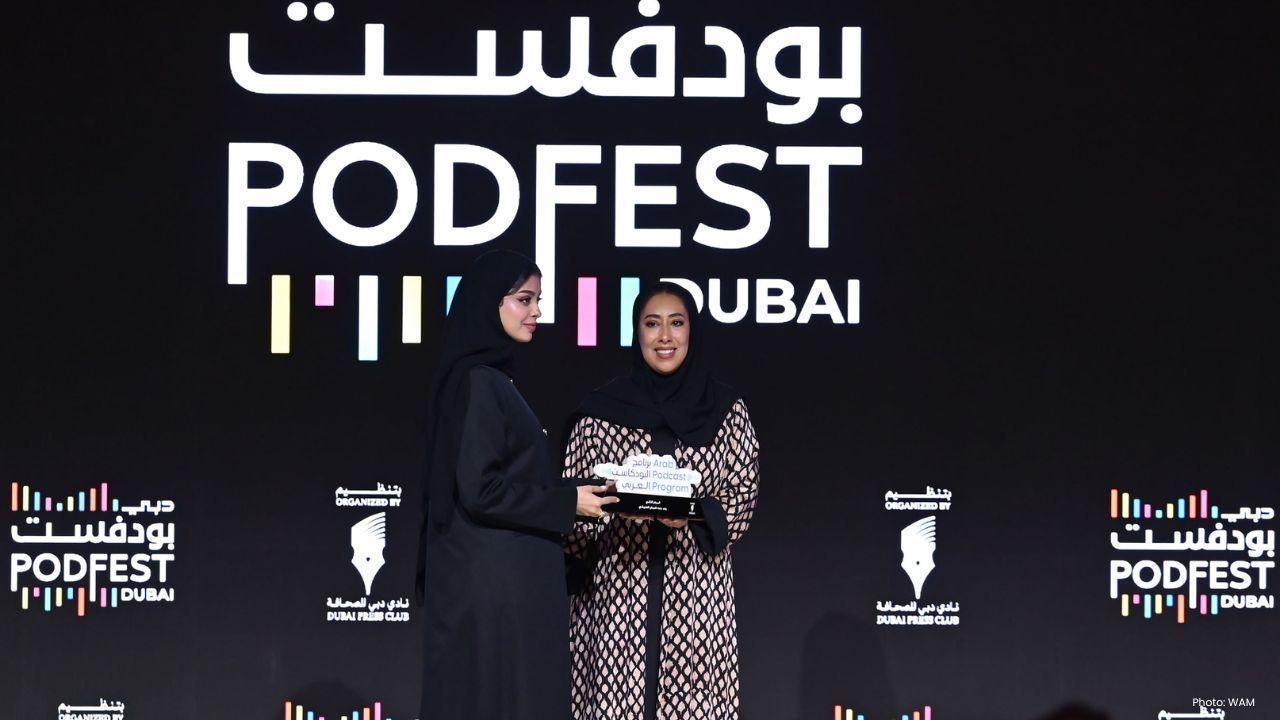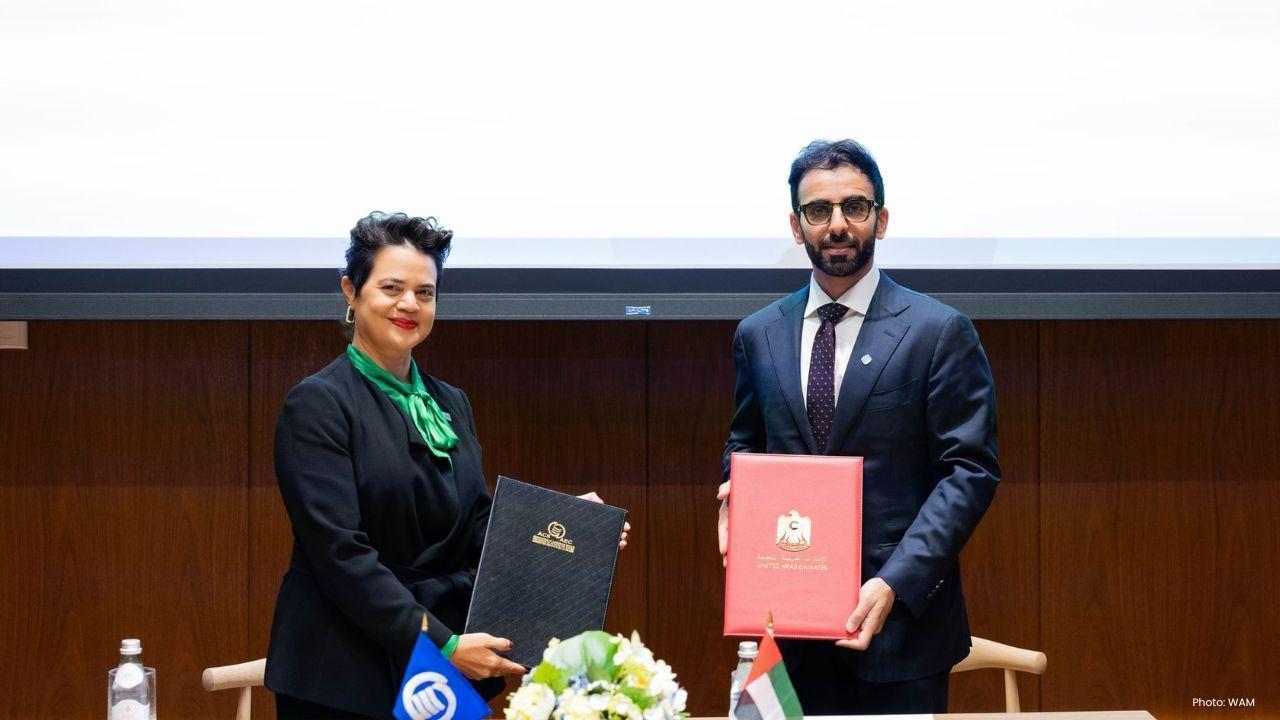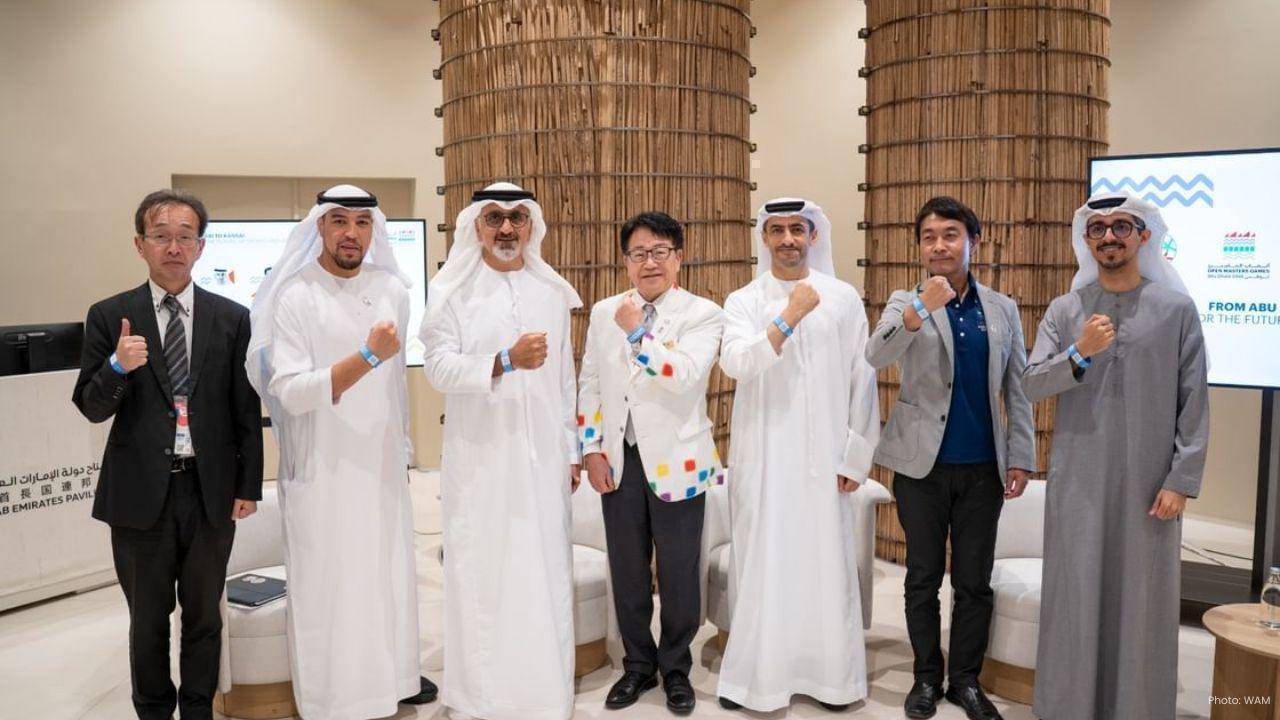
Post by : Monika
Opera, the popular internet browser company, has recently launched a new AI-powered web browser called Neon. This new browser is designed to make online browsing faster, smarter, and easier for users. Unlike traditional browsers, Neon integrates artificial intelligence directly into the browsing experience, allowing users to complete tasks, gather information, and interact with websites in ways that were not possible before. Opera hopes that Neon will not only improve productivity but also protect users’ privacy.
What Makes Neon Different
Traditional web browsers are tools to view websites. They allow users to type in web addresses, navigate pages, and access content. However, users often have to switch between multiple tabs or applications to complete tasks like comparing prices, filling out forms, or researching information. Neon changes this by incorporating artificial intelligence that can perform these tasks automatically.
With Neon, users can interact with web pages more efficiently. The AI can fill out forms, collect information from different websites, draft emails, and even write code snippets. Essentially, Neon acts as a personal assistant within the browser. Users can instruct the AI to complete a task, and it will execute the steps automatically. This reduces the need to manually copy, paste, or search multiple pages.
Key Features of Neon
Neon introduces several new features that set it apart from other browsers:
Neon Do: This feature allows the AI to navigate web pages on behalf of the user. For example, if a user needs to compare the prices of a product on multiple e-commerce sites, Neon Do can visit each site, collect the relevant information, and present the results in a single view. The AI works locally on the user’s device, meaning the information is not sent to external servers, which enhances privacy.
Tasks: Tasks are like mini workspaces within the browser. The AI can analyze information from multiple sources simultaneously. For example, a user researching travel plans could have Neon compile hotel options, flight details, and local attractions all in one workspace. This feature helps organize information efficiently without opening dozens of browser tabs.
Cards: Cards are reusable prompts that automate repetitive actions. For example, users can create a card to check the weather every morning or track a package without manually searching for updates. Cards allow the AI to perform these tasks automatically whenever needed.
These features are designed to save users time, reduce manual effort, and make web browsing more productive. By combining them, Neon becomes more than a browser—it functions as an intelligent personal assistant that can handle complex online tasks.
The Role of Artificial Intelligence
Neon’s AI works directly on the user’s device. This approach is important for several reasons. First, it enhances privacy, because users’ data is not sent to external servers for processing. Second, it allows faster responses since the AI does not need to communicate with cloud-based systems. This design choice reflects growing concerns about online privacy and data security.
Unlike some AI tools that rely heavily on cloud services, Neon allows users to control when and how the AI interacts with their data. Users can pause or stop the AI at any time. This ensures that sensitive information, such as passwords or personal messages, remains private. Opera’s approach reflects a growing trend in the tech industry to prioritize user control and security when integrating AI.
Why Neon Matters
The launch of Neon comes at a time when AI-powered tools are becoming increasingly common. Companies like OpenAI, Google, and Microsoft have introduced AI assistants and tools for writing, coding, and research. Opera is applying similar technology to web browsing, which has traditionally been a manual activity.
By integrating AI directly into the browser, Neon reduces the need to switch between applications, search for information manually, or manage multiple browser tabs. This makes online activities faster, more efficient, and more organized. For users who spend hours researching, shopping, or managing work online, Neon could significantly reduce the time and effort required.
Furthermore, Neon sets a precedent for future web browsers. As AI becomes more advanced, browsers may evolve into full-fledged productivity platforms. This could change how people interact with the internet, moving from simple browsing to AI-assisted task management.
Privacy and Security Considerations
Opera emphasizes that Neon is designed with privacy as a priority. Because all AI processing occurs locally on the device, there is a reduced risk of personal data being exposed to external servers or companies. This is a significant advantage compared to cloud-based AI tools that store user data remotely.
Users are increasingly concerned about how their online activities are tracked, analyzed, and monetized. Neon addresses this concern by ensuring that sensitive information remains on the user’s device. Additionally, Opera allows users to pause the AI or control when it performs tasks, giving users full control over their browsing experience.
The browser also includes standard security features expected from Opera, such as built-in ad-blockers, secure connections, and protection against malware. Combining these features with AI functionality makes Neon a secure and user-friendly option for modern web browsing.
Availability and Access
Neon is currently available as a subscription service, with early access offered to users who sign up on Opera’s website. The company plans to expand access to a broader audience in the coming months. Opera’s strategy of offering a subscription model reflects the premium nature of the AI features and the costs associated with developing and maintaining this advanced technology.
Early users will have the opportunity to explore all of Neon’s features and provide feedback. This feedback will help Opera refine the AI, improve usability, and ensure the browser meets the needs of diverse users, from students to professionals.
Market Context
The launch of Neon places Opera in competition with other AI-enhanced browsers and applications. Companies such as Perplexity AI and The Browser Company have introduced AI-driven tools that automate web tasks, streamline research, and improve productivity. Neon differentiates itself by combining multiple AI functions within a single, privacy-focused web browser.
Opera has a long history of innovation in web browsing. From pioneering tabbed browsing to integrating VPN services, Opera has often been ahead of trends in the browser market. With Neon, the company is entering the emerging “agentic” web browsing space, where AI acts on behalf of users rather than just presenting information.
Potential Impact on Users
For everyday users, Neon could simplify online activities that previously required multiple steps. For example, students researching a topic could have Neon gather and summarize information from multiple sources. Shoppers could automatically compare prices and find the best deals. Professionals could use Neon to automate repetitive tasks, like filling out forms or generating reports.
The combination of AI-powered tasks, reusable cards, and private local processing makes Neon suitable for a wide range of users. It can save time, reduce errors, and provide a more organized browsing experience. By automating routine tasks, users can focus on more important decisions rather than manual research or data entry.
Looking Ahead
Neon represents a significant step in the evolution of web browsers. It shows how artificial intelligence can be integrated directly into tools people use every day. As AI continues to develop, browsers like Neon could transform from simple content-viewing platforms into intelligent assistants that help users manage tasks, research, and communication.
Opera plans to continue updating Neon with new features, responding to user feedback, and improving AI functionality. The company aims to make AI-driven browsing accessible, efficient, and secure for all users.
The browser also sets the stage for future innovations in web technology. Other companies may follow suit, leading to a new era where AI is an integral part of browsing, research, and online productivity.
Opera’s Neon AI browser combines artificial intelligence, privacy, and user-friendly features to create a new type of web browsing experience. By automating tasks, gathering information efficiently, and keeping data private, Neon provides users with a smarter and safer way to navigate the internet.
As AI technology becomes more widespread, browsers like Neon will play a crucial role in shaping how people interact with the web. Opera’s focus on local AI processing, task automation, and user privacy sets a high standard for future browsers. Users can expect a more efficient, organized, and secure browsing experience, while the tech industry moves toward increasingly intelligent online tools.
With Neon, Opera not only introduces a new product but also signals a shift in how web browsing will evolve in the years to come. This AI-driven approach may change the way millions of people access information, complete tasks, and manage their online lives.
Opera Neon browser AI browser










OpenAI's Revenue Soars to $4.3 Billion in First Half of 2025
OpenAI's revenue reaches $4.3 billion in the first half of 2025, marking a 16% increase from the pre

UAE Leaders Send Condolences to Saudi King Over Princess Abta's Death
UAE rulers and crown princes sent heartfelt messages to King Salman, mourning the passing of Princes

Brazil's Surplus Clean Energy Attracts Crypto Miners
Brazil's excess renewable energy is luring cryptocurrency miners. Companies like Tether and Renova E

Visa Tests Stablecoins to Make Global Payments Faster
Visa is testing stablecoins for international payments, aiming to speed up transactions and reduce t

Opera Unveils Neon AI Browser for Smarter Web Browsing
Opera introduces Neon, an AI-powered browser that automates tasks and enhances privacy, aiming to re

Albanese Visits Sheikh Zayed Grand Mosque in Abu Dhabi
Australian PM Albanese tours Sheikh Zayed Grand Mosque, highlighting peace, tolerance, and cultural